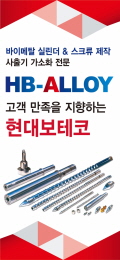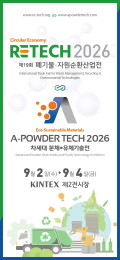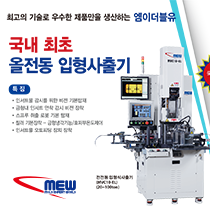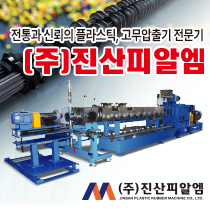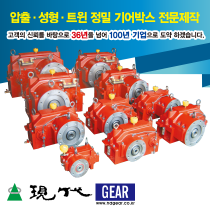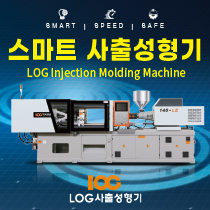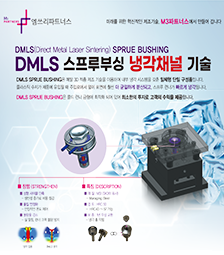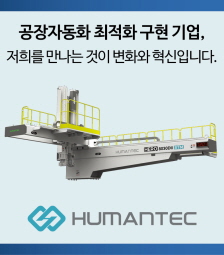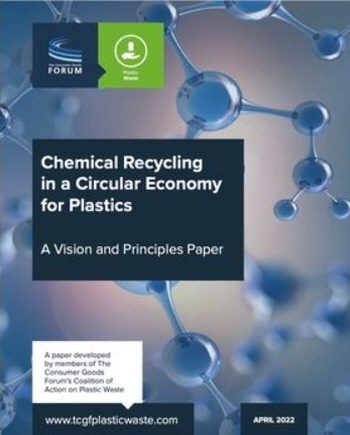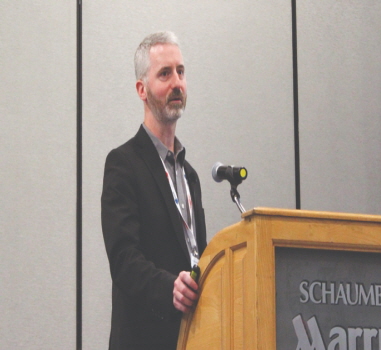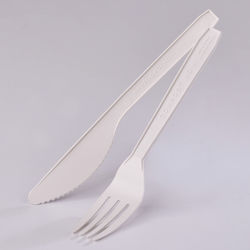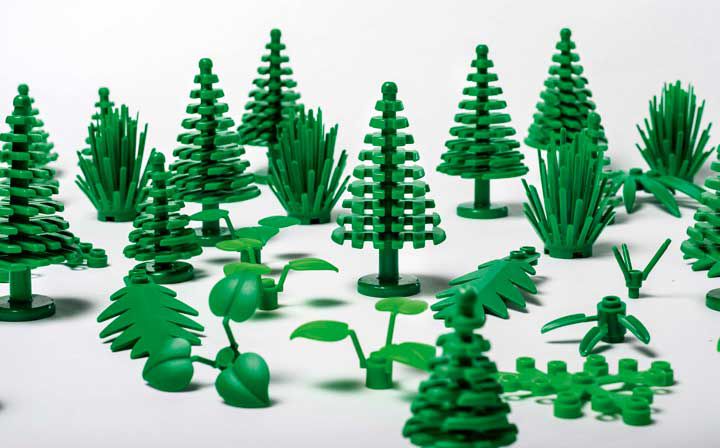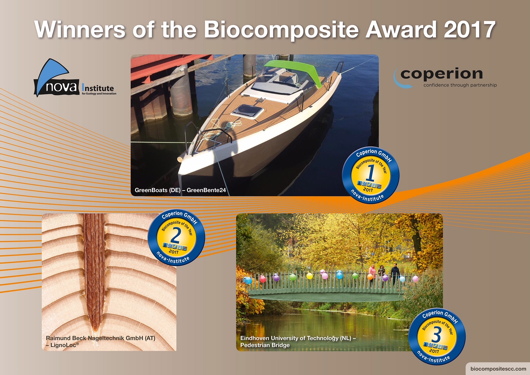Bio magazine
Case Western researchers develop process to recycle thermoset plastics
Case Western researchers develop process to recycle thermoset plastics
Their process involves mixing scrap thermoset with a catalyst and then pulverizing the mixture. In the process, the catalyst bonds at the cross-linking sites where it can break the cross-link bonds and then form new ones into a new thermoset. They call the technology vitrimization.
Researcher Liang Yue said in a phone interview the research stems from the desire to recycle tough thermoset scrap rather than landfill it.
Yue and others began work on the concept at Cleveland-based Case Western’s School of Engineering laboratory two years ago when he joined with lead researcher Ica Manas-Zloczower, professor of advanced materials and energy. Their team, which included several other Case Western researchers, first announced its discovery recently in journal ACS Macro Letters.
The team reported on recent work with thermoset epoxy materials and a zinc-based catalyst. It created a material with so-called dynamic cross-links. The “permanent” cross-links in the scrap bond with zinc ions, which under heat and pressure catalyse the formation of new cross-links.
The powder they made can be compression molded into a new thermoset part. The process does not rely on solvents and in theory such scrap could be infinitely recycled. These benefits call to mind the ability to recycle thermoplastics through many cycles.
Yue said the researchers want to expand on their work with more thermoset polymers. He said it should be applicable to elastomeric thermosets like rubber, which then could be injection molded. Down the road, even polyolefins might be applicable to vitrimization-based recycling.
Various approaches to vitrimization have been studied by several research groups for more than a decade. The Case Western work seems more promising and economically feasible than other approaches tried so far, Yue said.
The team’s paper sparked interest in industry, according to Yue. He and Manas-Zloczower are negotiating with potential industry partners to scale up their process via mechanical-chemical ball milling of scrap to make thousands of pounds of reusable powder resin.


